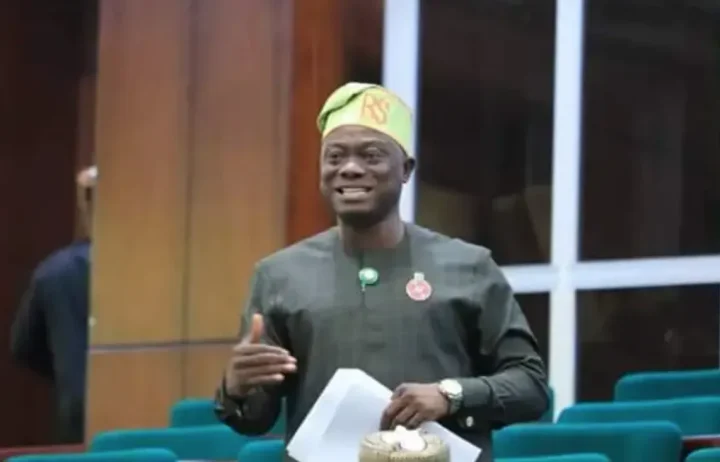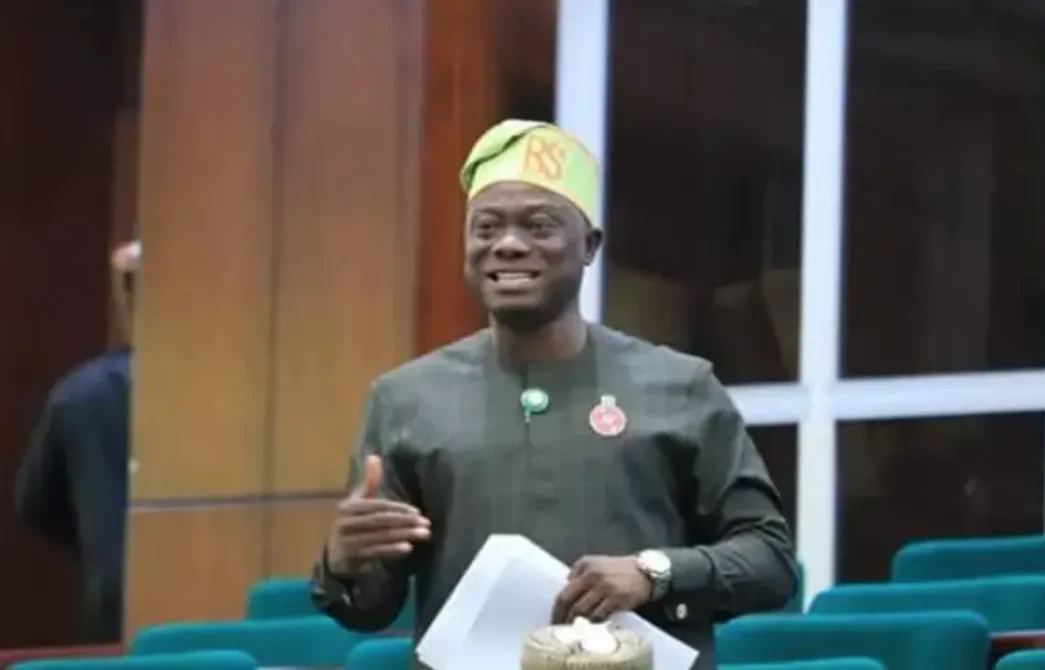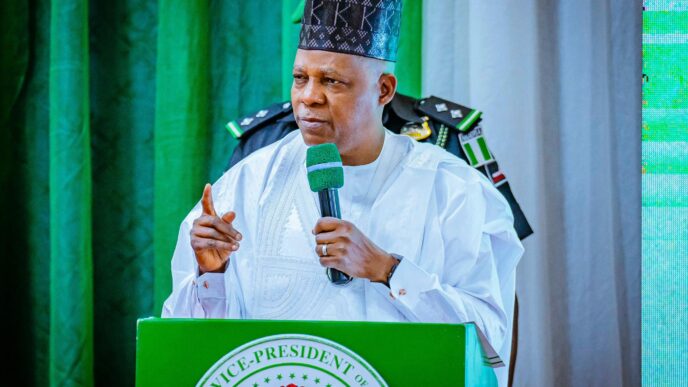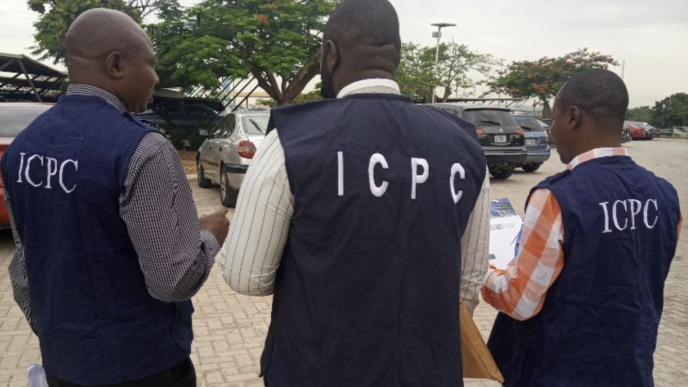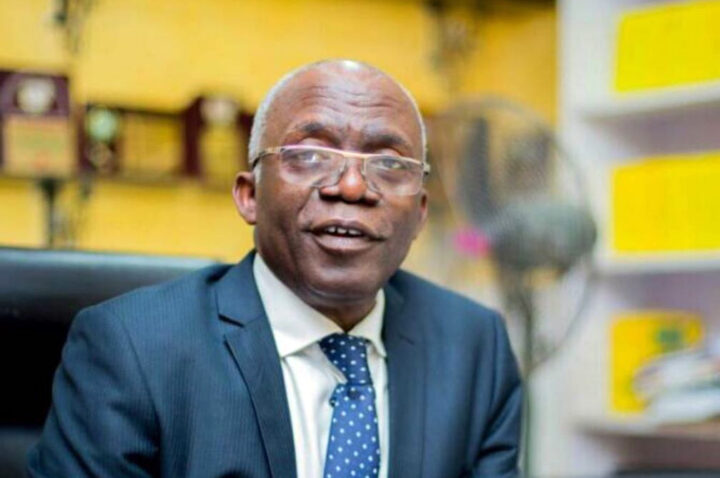Bamidele Salam
Bamidele Salam, chairman of the house of representatives committee on public account, says Nigeria has enough laws — most of which are not implemented.
Salam, who represents Ede north, Ede south, Egbedore, and Ejigbo federal constituency in Osun, spoke on Monday at the national children leadership conference organised by the Children of Africa Leadership and Values Development Initiative (CALDEV) in Abuja.
The legislator said poor implementation of the Child Rights Act leaves children deprived of the rights guaranteed them by law.
“The problem with Nigeria is not lack of laws. That is the plain truth. We have enough laws to take care of almost all the problems we have in Nigeria. The problem is with implementation,” he said.
Advertisement
“If you look at the Child Rights Act, which has been domesticated by almost 32 states of the federation, it has enough provisions to protect children and to provide them with all that they need to live a meaningful and productive life.
“But how many of the states of the federation are actually implementing the tenets of the Child Rights Act?
“The Child Rights Act criminalises children hawking in the streets. It criminalises children begging in the streets.
Advertisement
“It prohibits children from being out of school during school hours and parents and guardians of such children have liabilities under the Child Rights Act. But how many parents have we seen taken to court?”
Salam, who is the founder of CALDEV, explained that the initiative has been mentoring and empowering children.
These efforts, he said, include providing leadership education and scholarships to children, and welfare support for children in orphanages, as well as reaching out to out-of-school children, those in prisons and without access to basic healthcare.
“In terms of the success stories of the CALDEV, it has been phenomenal. It has been very impacting. Listening to the testimonies of previous editions will show that indeed the conference has provided opportunities for children to discover themselves and reinvent themselves,” he added.
Advertisement
“It has given them the opportunity of what true education is all about. True education is not about reading and writing. A lot of children have testified that coming here has enhanced their ability to be able to solve problems.
“Ability for critical thinking and to collaborate with other children to solve problems. They return to their schools and also become trainers — training other persons that could not attend the programme.”
The lawmaker said children from West African countries, including Ghana, The Gambia, and Sierra Leone, will participate in subsequent editions of the conference.
Martins Esin, chairman of the committee on youth development, said CALDEV has been helping young children between the ages of 13 and 17 to “maximise their potential and realise themselves”.
Advertisement
“You know that self-discovery is an important part of the leadership journey. You must first discover yourself and I think that is what CALDEV aims to achieve,” he said.
“Once we can identify them young in this country, I am very sure that we will get it right. Children within that demography of 13 and 17 are very intelligent Nigerians.”
Advertisement
Maxwell Anyanwu, a 15-year-old participant, said the conference will help him expand his business as a tech entrepreneur.
“I expect to use this opportunity to develop my growth mindset in achieving my goals for my business,” the SS2 student said.
Advertisement
Anyanwu said he teaches children how to code, make graphics and web design, and game development.
Advertisement
